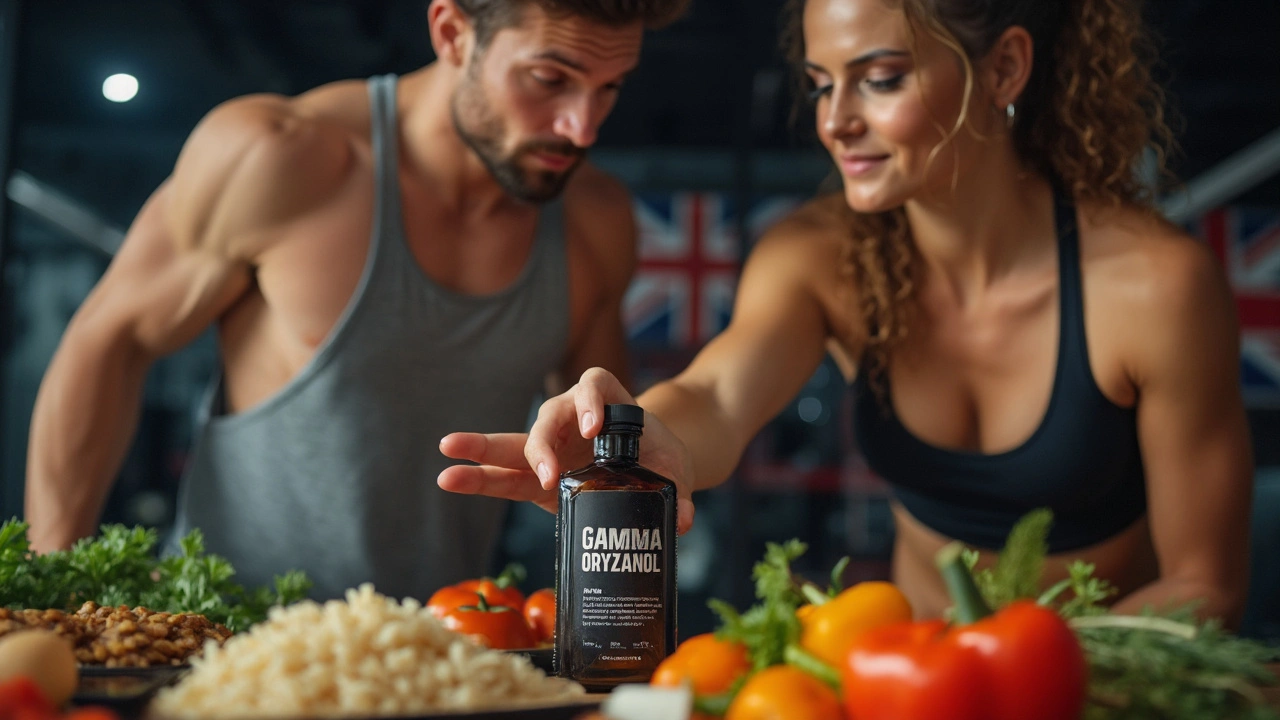Athletic Performance: Practical Tips, Safe Supplements, and Smart Recovery
Want to get faster, stronger, or recover quicker? This page gathers clear, usable advice about athletic performance. I focus on training habits, nutrition, legal supplements, and safety. Read on for simple things you can change this week to see real gains without risking health.
Training and habits
Consistent training beats occasional extremes. Pick a plan that fits your schedule and stick to it. Mix strength work with sport-specific drills and include short high-intensity sessions once or twice a week. Track progress with simple measures: time, reps, weight, or perceived effort. When progress stalls, adjust volume first, then intensity. Rest days are part of the plan — they let muscles repair and growth happen.
Warm ups should be brief and purposeful. A five to ten minute routine that raises heart rate and mobilizes joints cuts injury risk. Cool downs that include light movement and stretching help reduce stiffness and speed the next session.
Nutrition, supplements, and sleep
Fuel matters. Aim for a mix of carbohydrates and protein around workouts — a banana with yogurt or a sandwich are fine. Protein spread evenly across the day helps recovery; target about 20 to 30 grams at each meal depending on size and goals. Hydration is often overlooked; drink to thirst and add electrolytes during long or hot sessions.
Supplements can help but they’re not magic. Creatine monohydrate is well researched for strength and power. A daily 3–5 gram dose is common and safe for most people. Caffeine helps short-term focus and endurance; use timing and dose to avoid sleep trouble. Protein powders are convenient when whole food is not available. Avoid products with banned or unlisted ingredients — choose third-party tested brands when competing.
Sleep is non-negotiable. Aim for seven to nine hours per night. Poor sleep reduces power, slows recovery, and raises injury risk. If you struggle, create a consistent bedtime, cut screens an hour before bed, and keep the room cool and dark.
When to see a pro? If you have persistent pain, unusual fatigue, or plan to try performance drugs, talk to a doctor or sports pharmacist first. Prescription medications can interact with other drugs and have side effects. A clinician can run basic checks and suggest safer, legal options.
Monitor recovery with simple metrics: morning resting heart rate, sleep hours, mood, and muscle soreness. Use a watch or notebook to record trends weekly. Include deload weeks every 4–8 weeks—reduce volume or intensity so your body resets. When multiple metrics worsen, back off training and refocus on sleep and nutrition. Small data beats guesswork and keeps progress steady without injury. Ask a coach for a plan tailored to your life.
Small, steady steps add up. Start by improving one habit: more sleep, a simple warm up, or a reliable protein source after training. Track how your body responds and build from there. Focus on consistent training, smart fueling, and safety — that’s the fastest route to better athletic performance without regrets.

